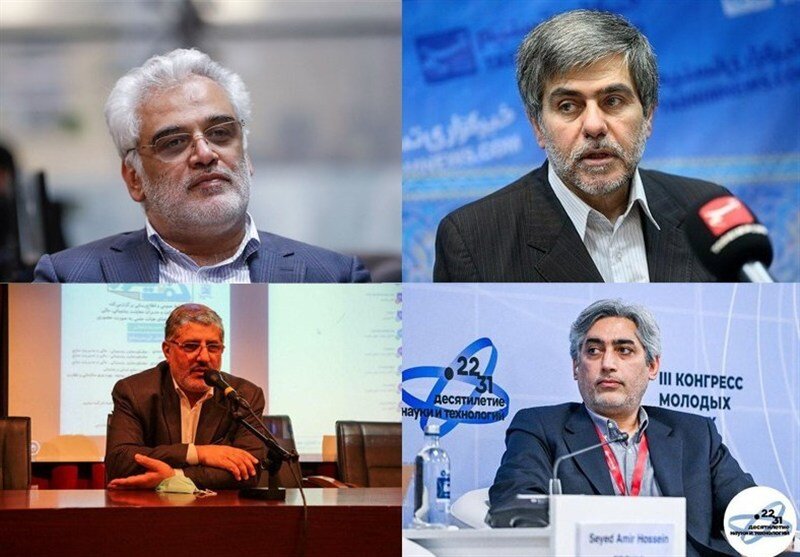
Similar Posts
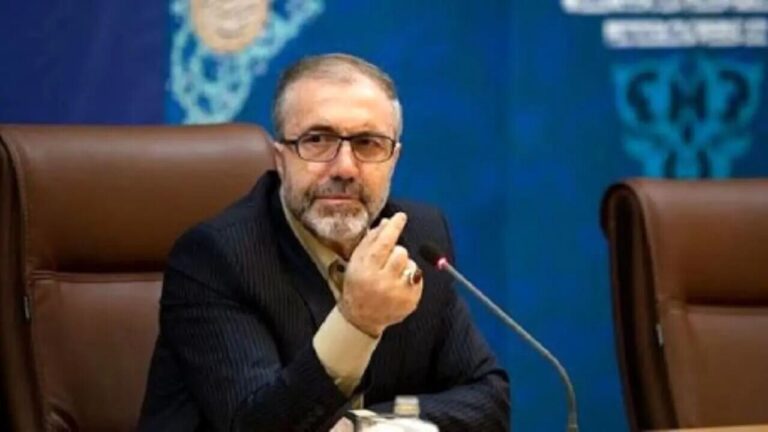
Unilateral Sanctions Undermine Effective Counter-Narcotics Strategies
Brigadier General Hossein Zolfaqari, Secretary General of Iran’s Drug Control Headquarters, highlighted the detrimental effects of unfair sanctions on Iran’s ability to implement drug treatment and harm reduction programs during the 68th United Nations Commission on Narcotic Drugs in Vienna. He noted that sanctions complicate drug control strategies amid the rise of new psychoactive substances (NPS). Zolfaqari called for enhanced international cooperation, technical assistance, and sharing of best practices. He urged for the restoration of collaborative initiatives, such as agreements with Afghanistan and Pakistan, and emphasized the need for funding to support regional drug control efforts effectively.

University of Tehran Partners with Beijing International Exchange Association in Strategic MOU Signing
The University of Tehran’s Caspian International Campus has partnered with the Beijing International Exchange Association (BIEA) to strengthen scientific ties between Iran and China, particularly within the BRICS framework. An online meeting resulted in a memorandum of understanding focusing on joint educational strategies, establishing a communication network, organizing annual BRICS technology competitions, and expanding collaborations with other research institutions. Iranian universities are also pursuing academic partnerships with China, promoting joint programs and faculty exchanges. This initiative builds on a 2021 cooperation agreement, aiming to enhance education and technology sectors, ultimately benefiting the global scientific community.
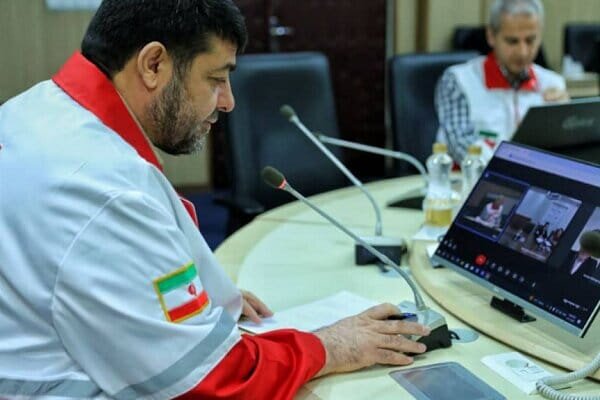
Mongolia Embraces Strategic Partnership with IRCS for Enhanced Collaboration
The Mongolian Red Cross Society is eager to strengthen its collaboration with the Iranian Red Crescent Society (IRCS) to enhance disaster response capabilities and share humanitarian aid experiences. During a recent online meeting, key topics included leveraging IRCS’s expertise in health initiatives and disaster relief, establishing a joint university for emergency response training, and proposing joint medical centers and health tourism projects. IRCS’s commitment to global assistance was reaffirmed, emphasizing education and empowerment for other societies. A formal memorandum of understanding is proposed to solidify this partnership, which is expected to improve disaster management and humanitarian efforts.
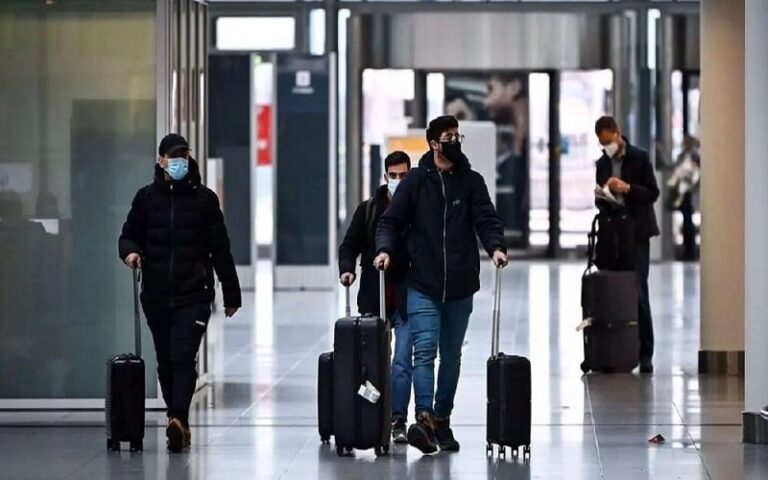
Iran’s Manpower Migration Crisis: A Telltale Sign of Societal Despair
Iran is experiencing a significant crisis of manpower migration, with an alarming 82% increase in emigration, raising concerns about societal despair. Factors fueling this trend include intensified security at universities, financial instability, and restrictions on academic freedoms. Health Minister Mohammad-Reza Zafarghandi criticized the emigration of elites as a “waste of national capital.” Researcher Mohammad Hossein Sharifzadegan identified 13 systemic challenges driving this exodus, including poverty, corruption, and environmental crises. Additionally, the phenomenon of “feminization of migration” highlights the struggles of women seeking better opportunities. Without addressing these root causes, Iran risks a continued brain drain that could impede recovery.
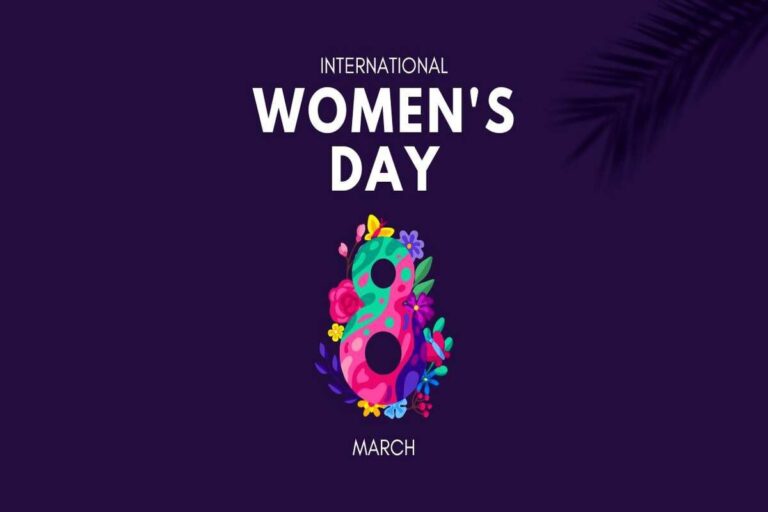
Empowering Women Worldwide: Celebrating Rights, Equality, and Progress on International Women’s Day
International Women’s Day, celebrated on March 8, recognizes women’s achievements and advocates for gender equality and women’s rights. This year’s theme, “For ALL Women and Girls: Rights. Equality. Empowerment,” emphasizes actionable strategies for empowerment, particularly for youth. The 2025 anniversary of the Beijing Declaration highlights progress in women’s rights globally. In Iran, National Women’s Day coincides with Hazrat Fatima’s birthday, where officials, including President Masoud Pezeshkian, underscored women’s roles in societal progress and advocated for gender equality. He highlighted the importance of including women in leadership and supporting their contributions to national development, urging collective responsibility in promoting women’s rights.

Rising Poverty in Iran: Fueling Social Unrest and Threatening Regime Stability
Ali Rabii, Iran’s Aide to the President for Social Affairs, highlighted the critical link between poverty and social unrest in recent discussions. He noted that 27% of Iranians live below the poverty line, exacerbating issues like school dropouts and chronic diseases. Rabii argued that poverty poses a serious security threat, contributing to instability and protests, particularly in 2022. He criticized the government’s failure to reduce poverty, attributing it to systemic corruption and mismanagement. With rampant economic challenges and public dissent rising, experts warn that Iran is approaching a critical juncture, risking further unrest amid deepening inequality and repression.